
Benedict’s 2013 resignation shook a routine Vatican ceremony
Associated PressVATICAN CITY — Veteran reporter Giovanna Chirri was starting to doze off in the Vatican press room on a slow holiday when all of a sudden the Latin she learned in high school made her perk up — and gave her the scoop of a lifetime. Chirri followed along but only began to realize the import of what was unfolding when she heard Benedict then utter the words “ingravescente aetate.” The term is Latin for “advanced age,” and is the title of a 1970 Vatican regulation requiring bishops to retire when they turn 75. “Certainly, if I hadn’t been an Italian who studied Latin in the 1970s in Italy, I never would have understood a thing,” Chirri said of Italy’s classics-heavy public high school curriculum. Benedict knew well what was required to make the announcement legitimate: Though only a handful of popes had done it before, canon law allows for a papal resignation as long as it is “freely made and properly manifested.” Some traditionalists and conspiracy theorists would later quibble with the grammatical formula Benedict used, claiming it rendered the announcement null and that Benedict was still pope. “If a pope clearly realizes that he is no longer physically, psychologically and spiritually capable of handling the duties of his office, then he has a right, and under some circumstances, also an obligation to resign,” Benedict said in “Light of the World.” He essentially laid out that same rationale to his cardinals on that chilly February morning.
History of this topic

Benedict aide’s tell-all book will expose ‘dark maneuvers’
Associated Press
Vatican: Benedict XVI lucid, stable, but condition ‘serious’
Associated Press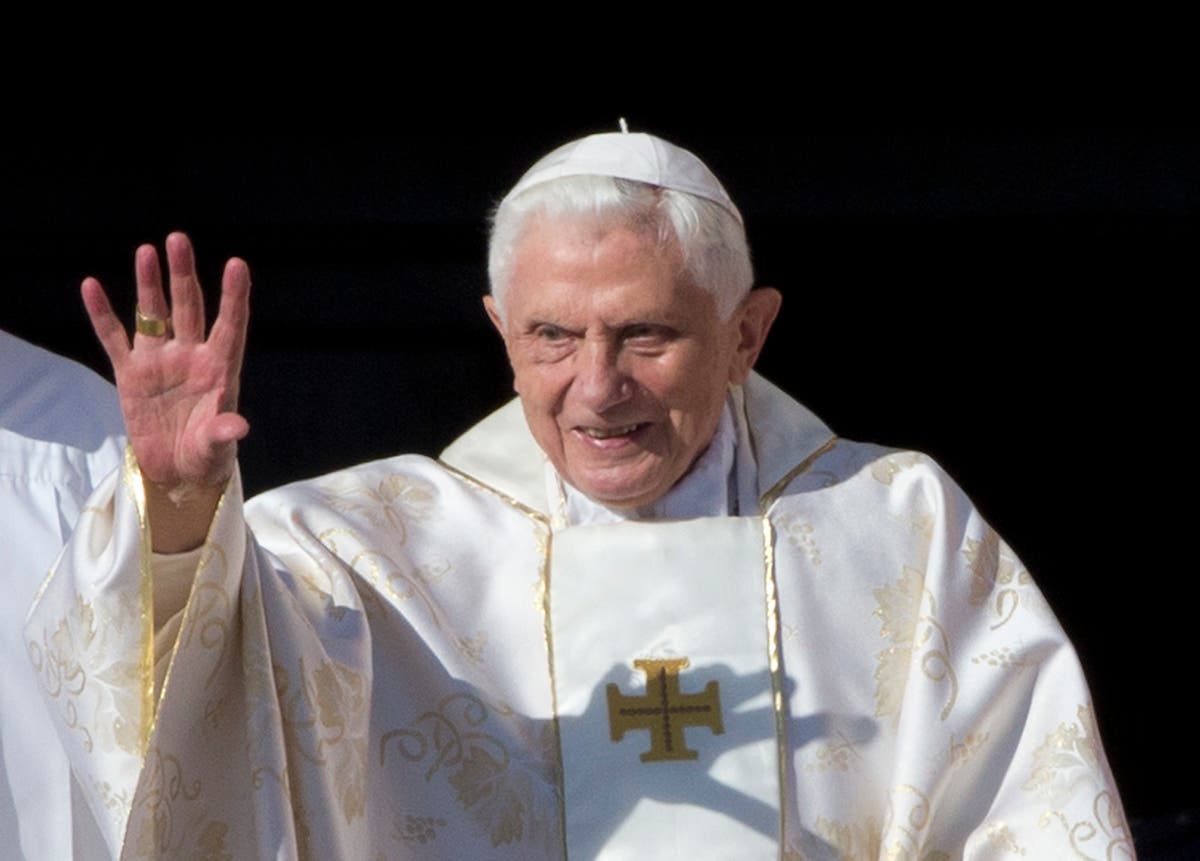
When and why did Pope Benedict XVI resign?
The Independent
Pope at 85: Gloves come off as Francis’ reform hits stride
Associated PressDiscover Related

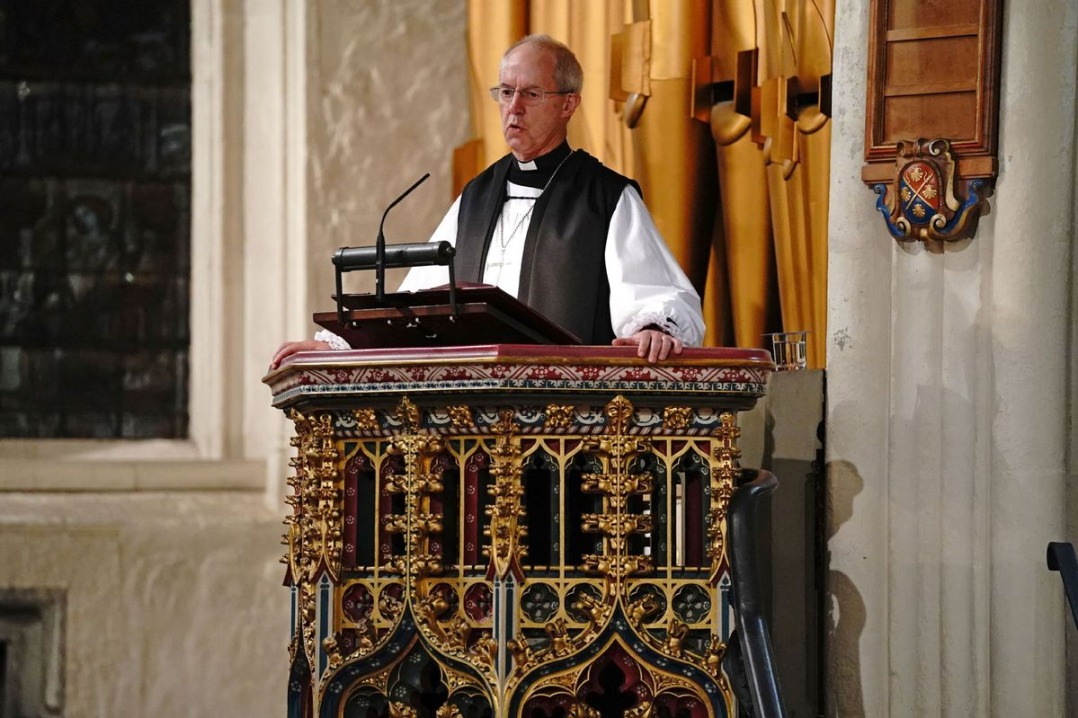
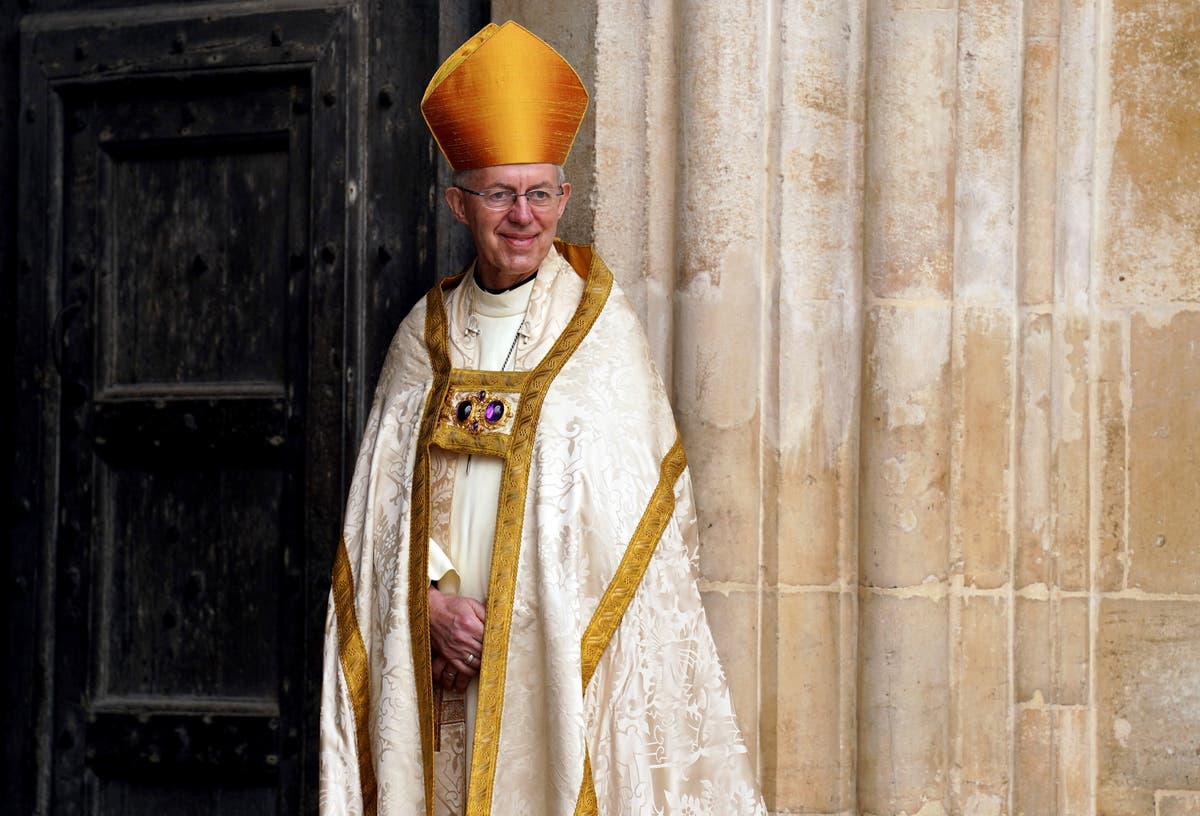
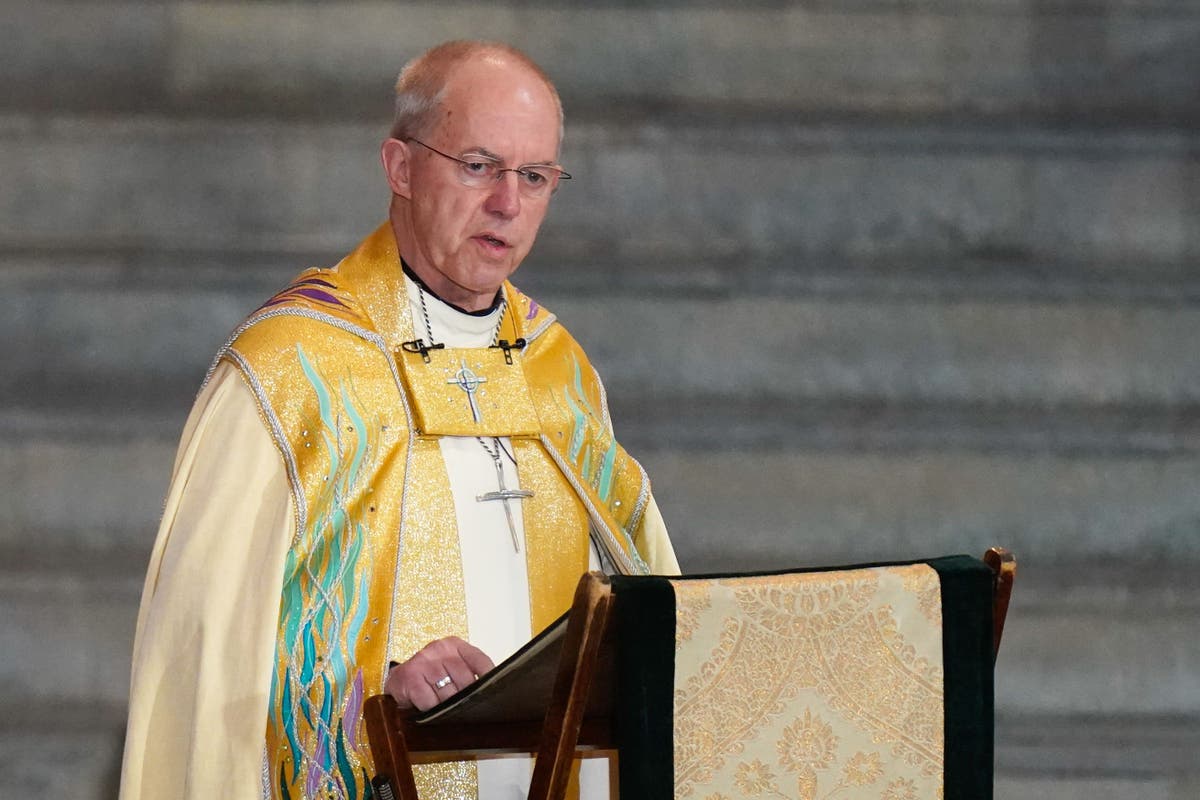


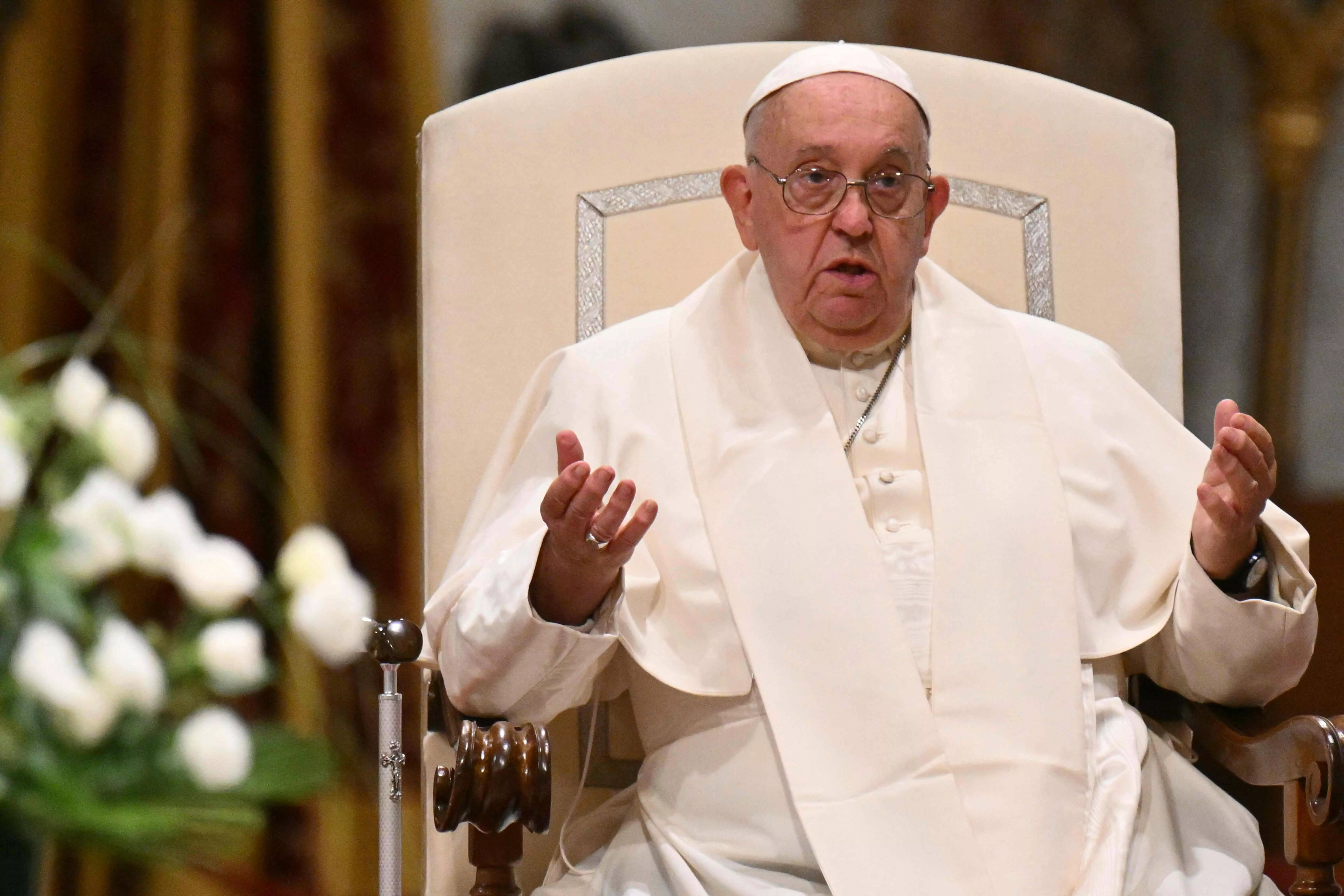
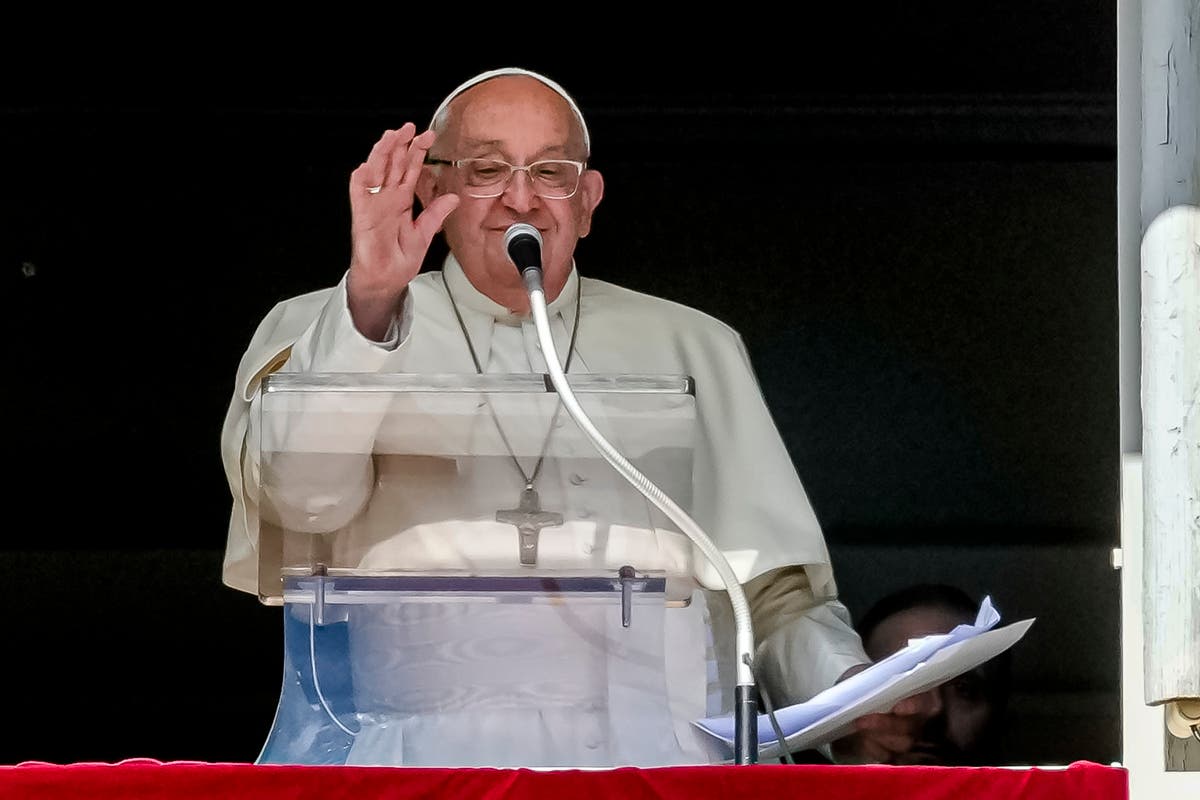
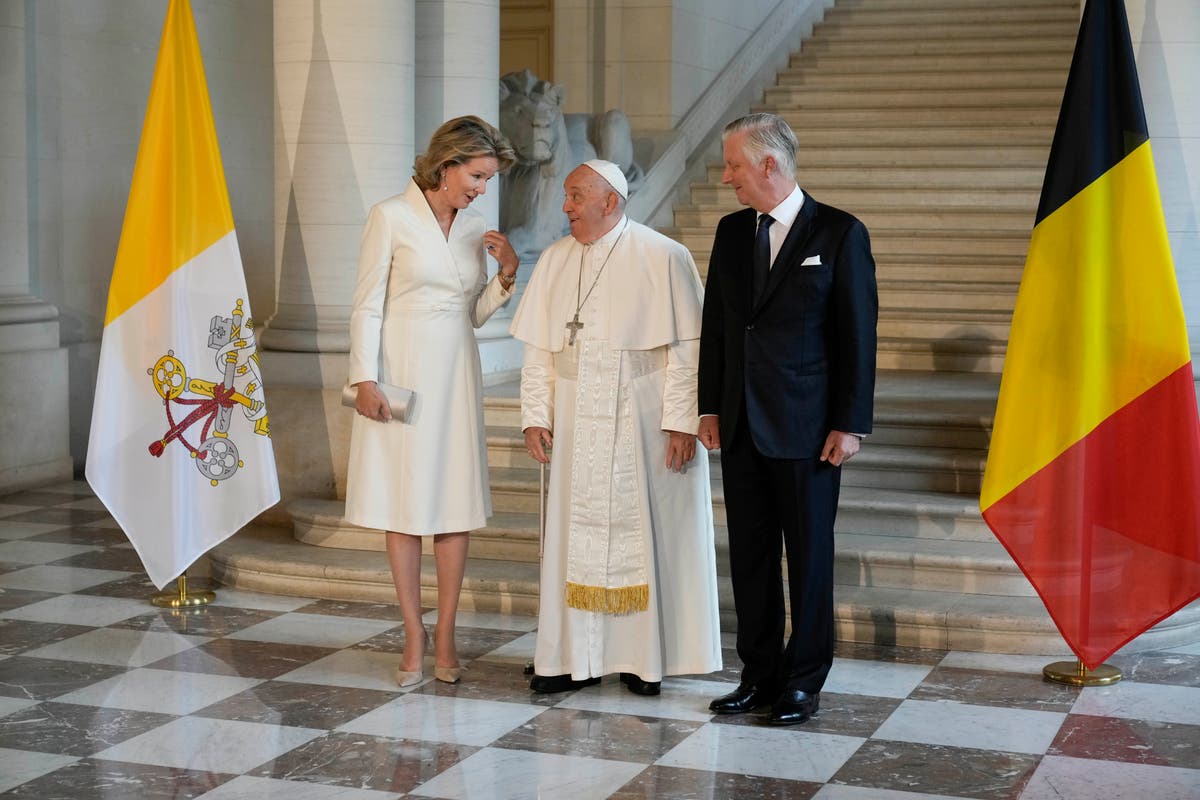
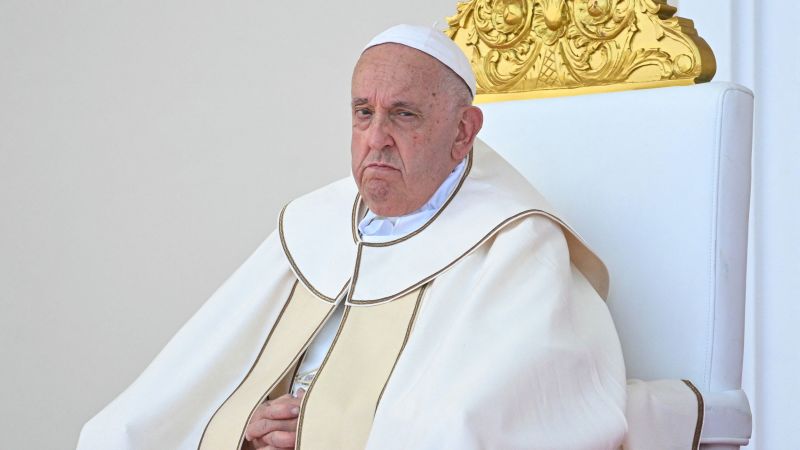

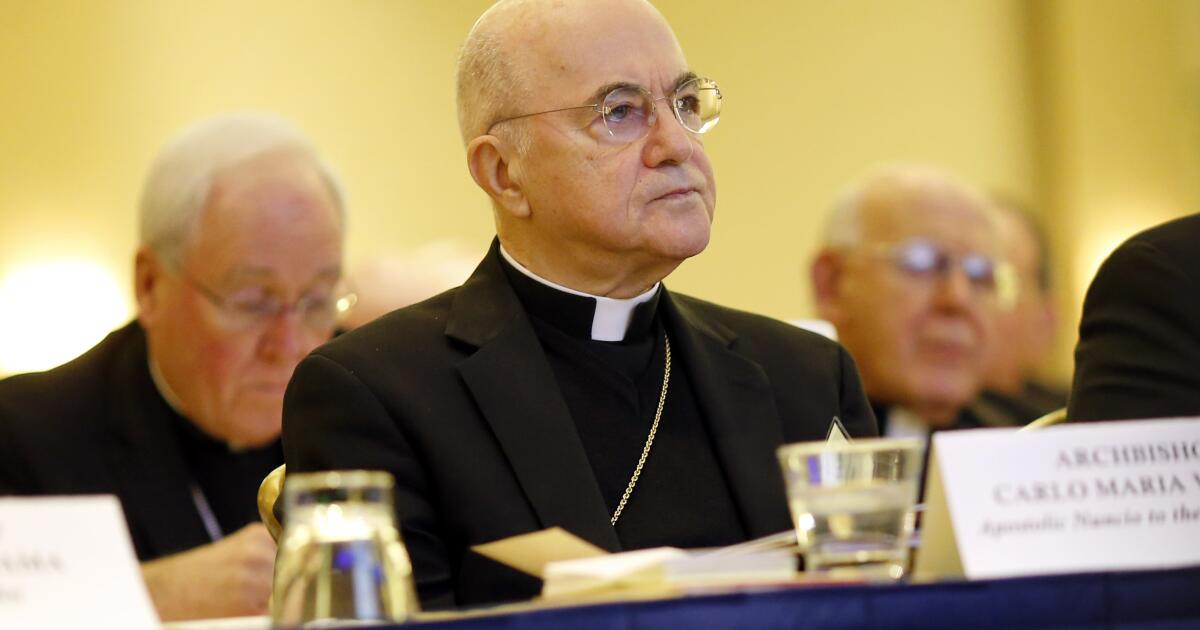
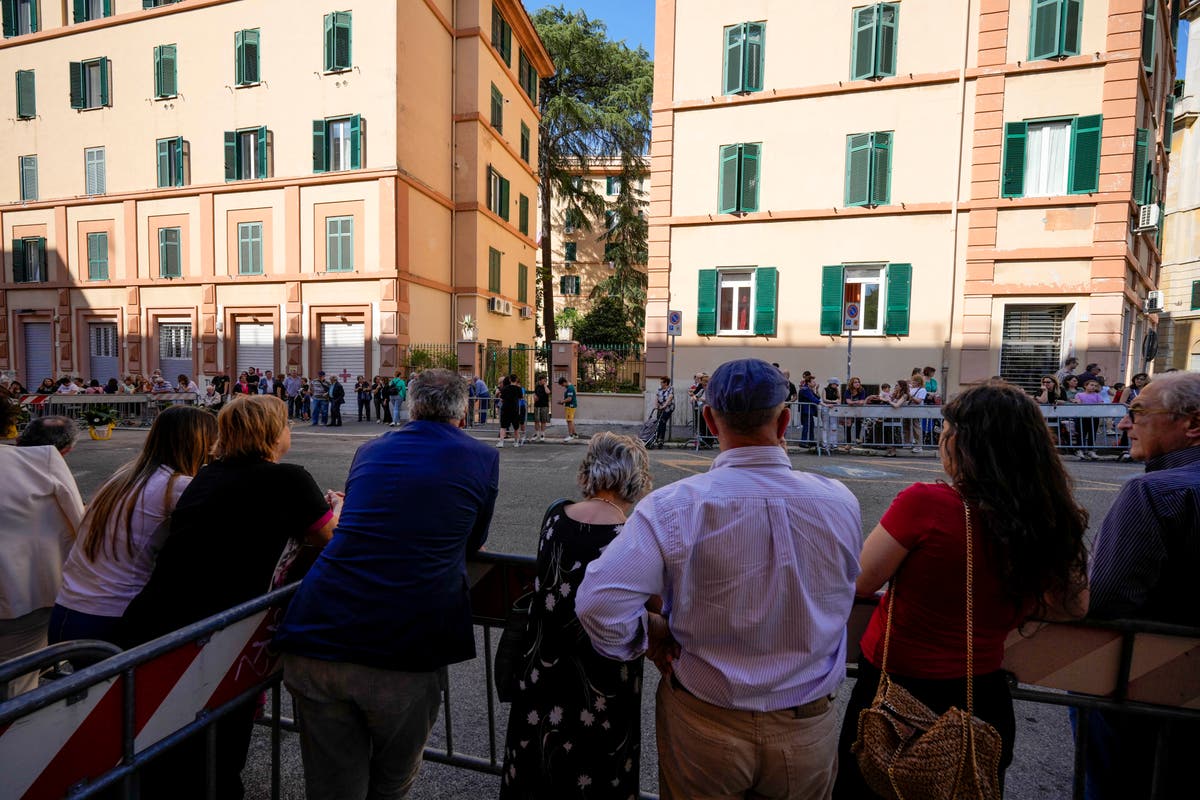





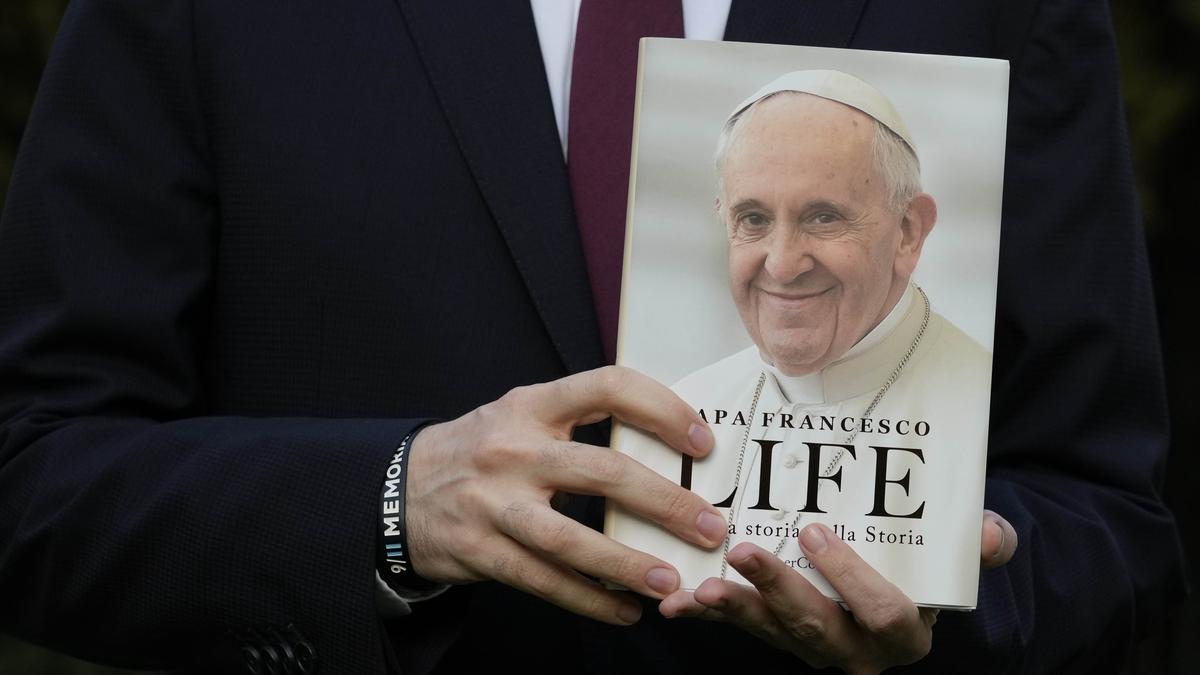
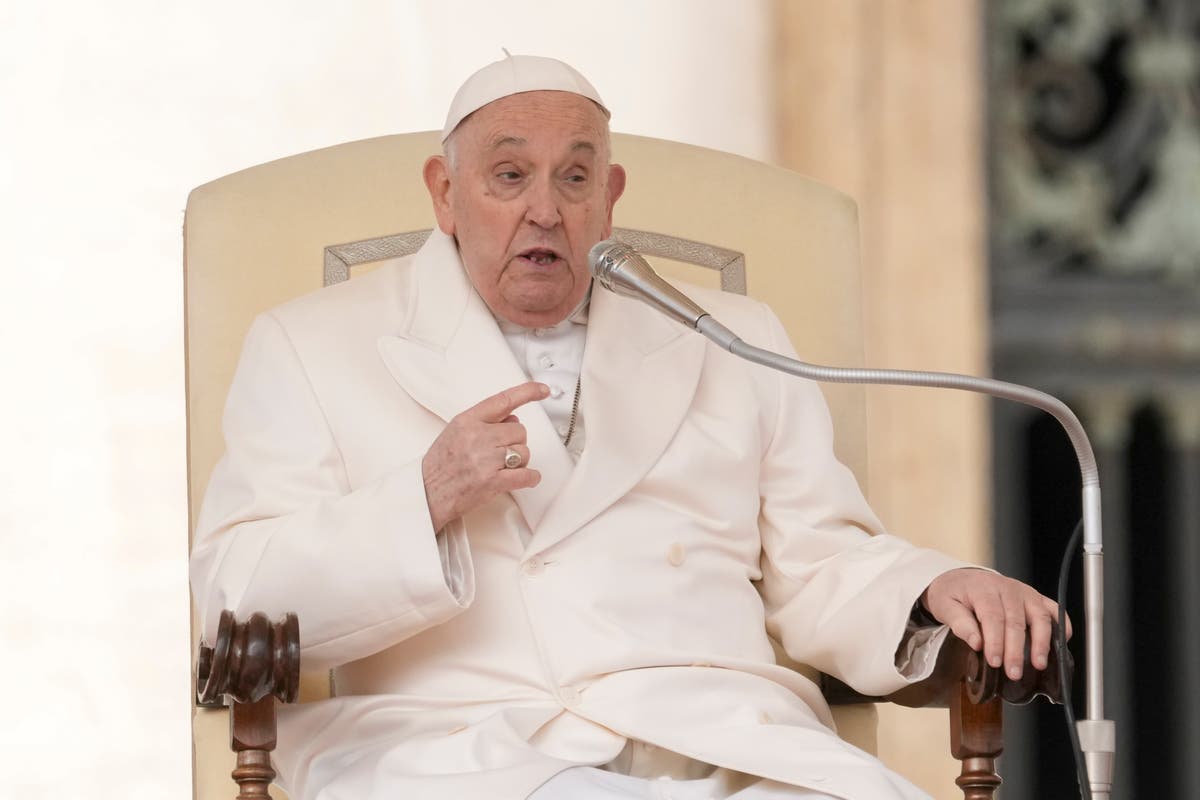
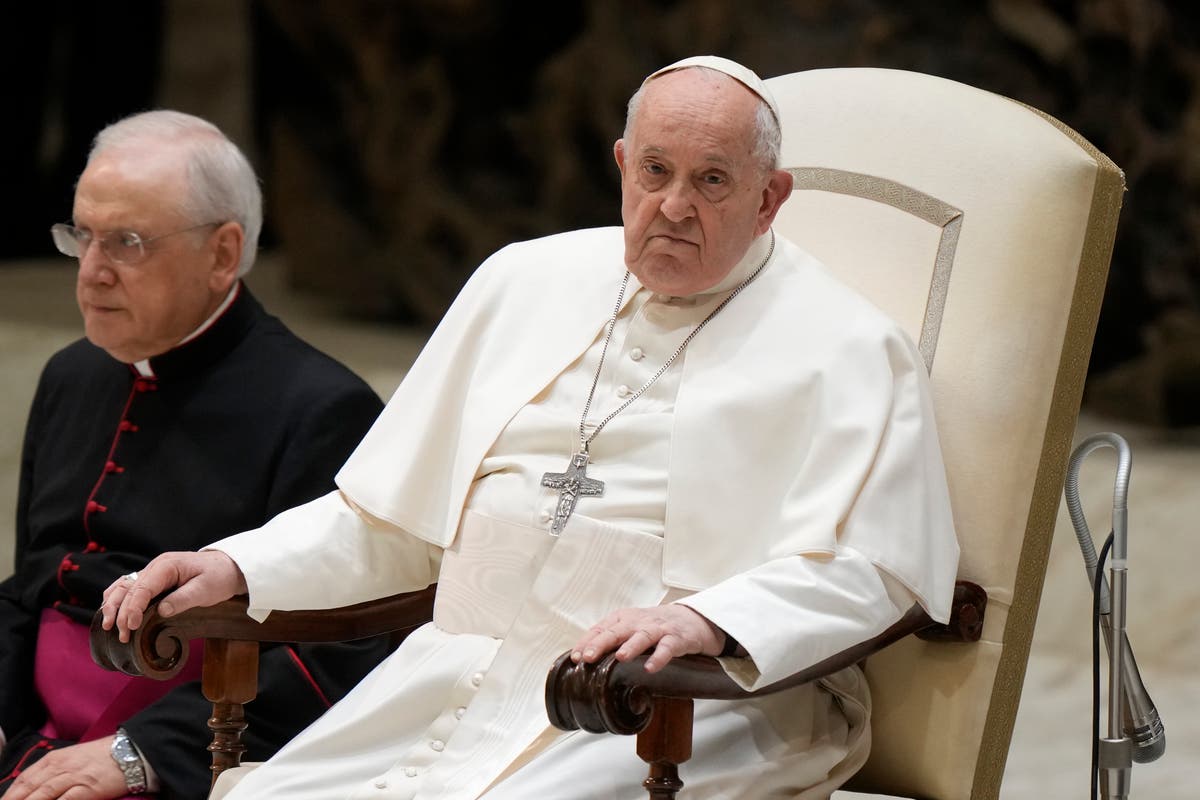

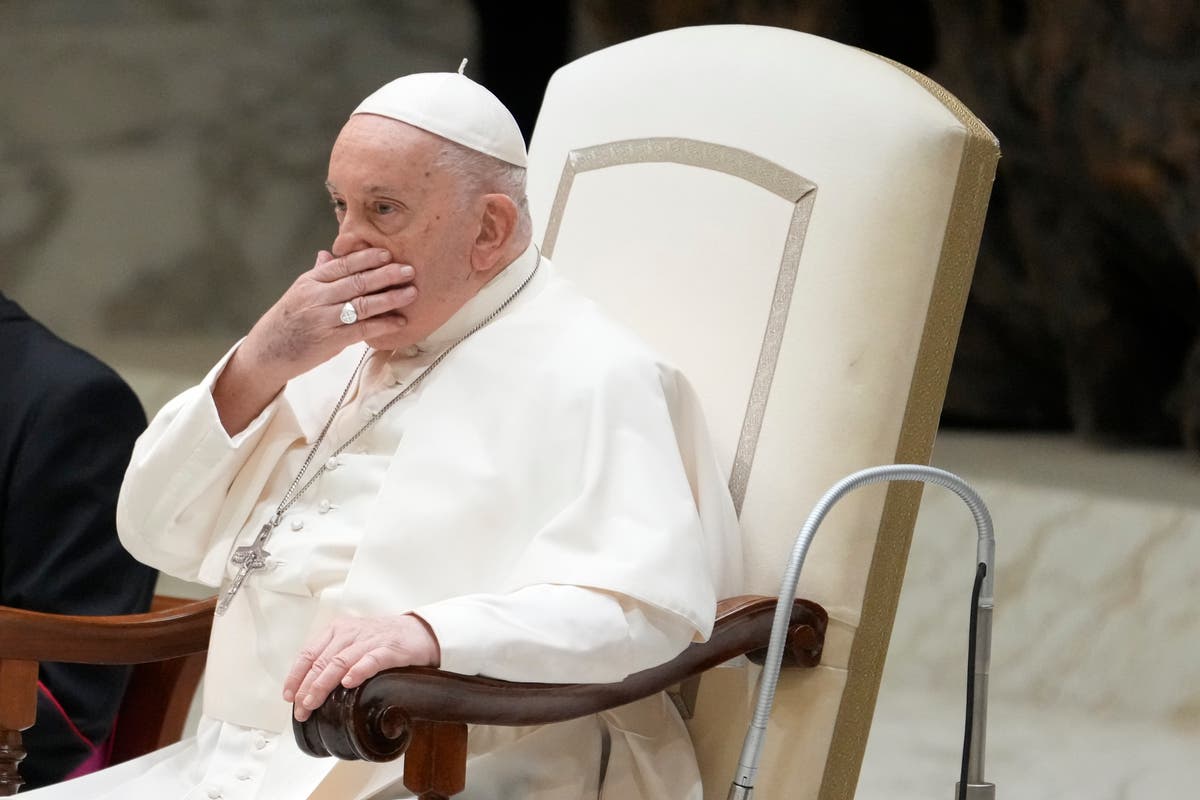

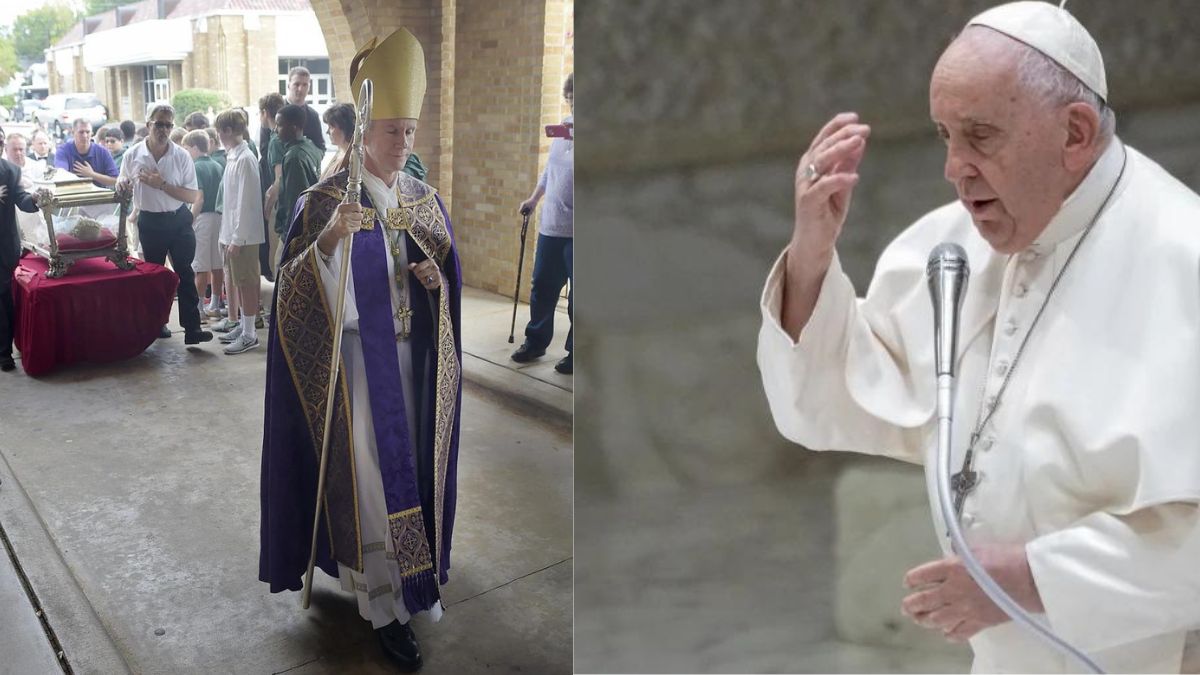

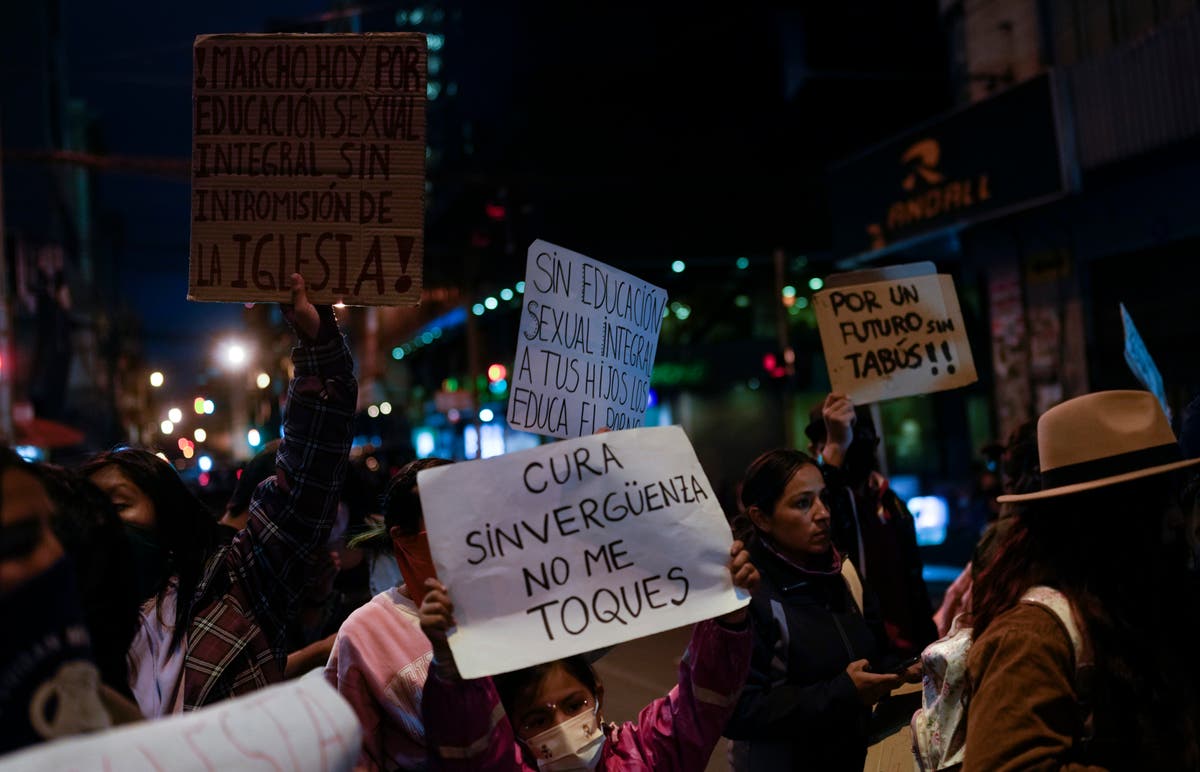
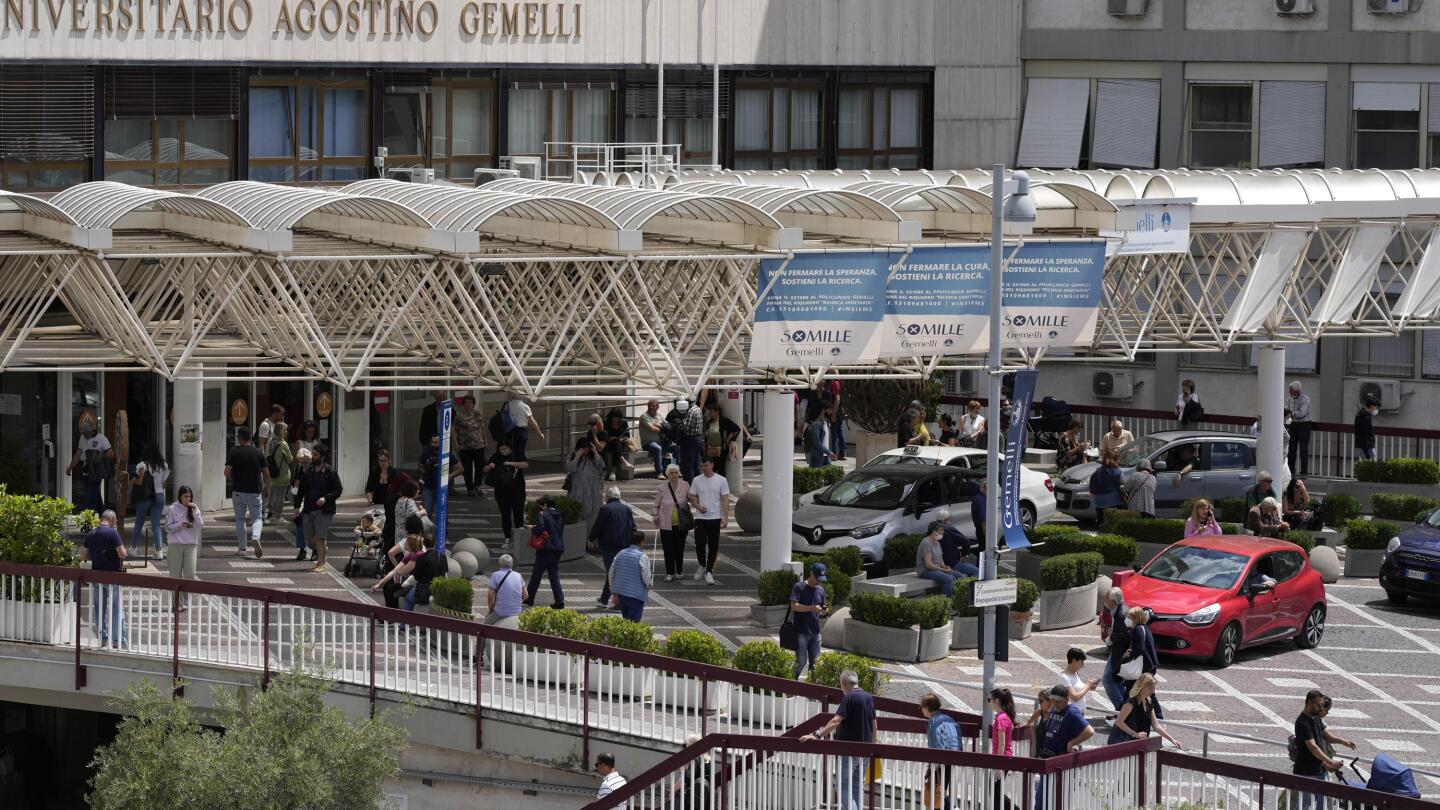


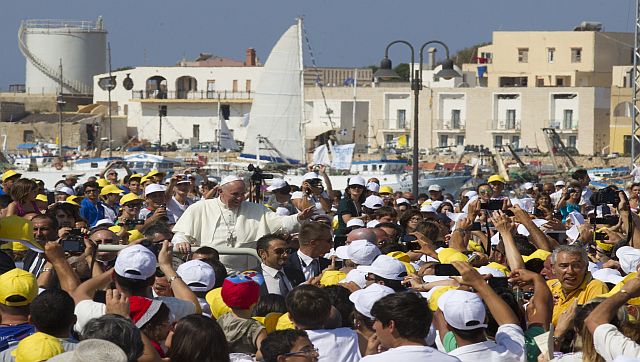)
